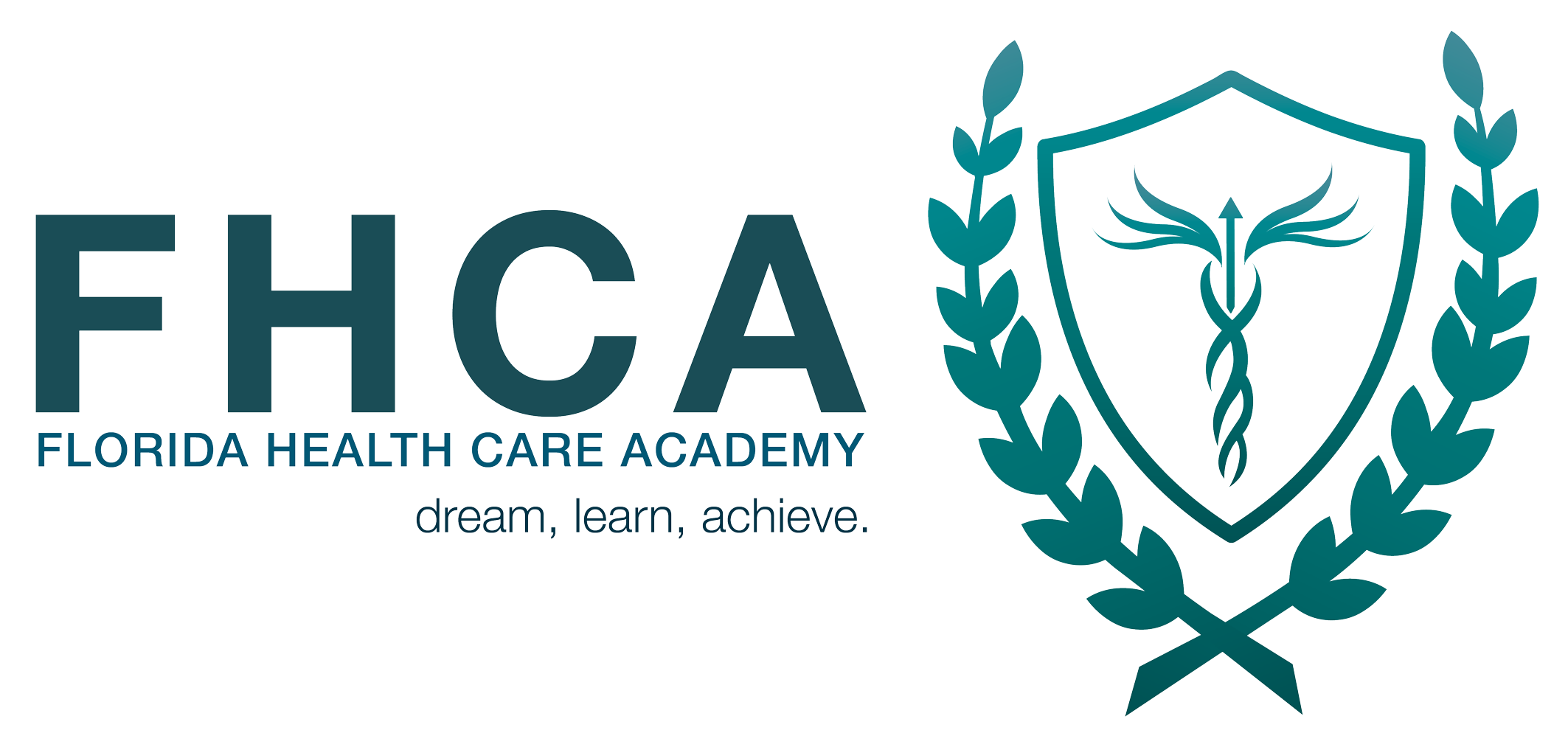
Day in the Life of a Medical Assistant: Daily Duties & Tasks
April 24, 2024
Can Medical Assistants Start IVs?
April 24, 2024How to Transition From Medical Assistant to Registered Nurse

If you're a Medical Assistant contemplating your career advancement, exploring the MA to RN bridge program could be the key to swiftly and efficiently transitioning to the role of a registered nurse. Medical Assistants play a crucial role in various healthcare settings, serving as frontline staff in medical offices and sometimes even inpatient units.
Can medical assistants transfer to nursing?
Many medical assistants aspire to advance their careers by transitioning to the field of nursing. Fortunately, there are various pathways available for medical assistants to pursue a nursing career, as a registered nurse (RN). These pathways often involve completing additional education and training to meet the requirements for nursing licensure.
For more information on alternative career paths for medical assistants, check out our guide on other jobs can a medical assistant apply for.
As registered and licensed professionals, the scope of practice of nurses is wider than the medical assistant’s scope of responsibilities.
5 ways to transition from medical assistant to registered nurse
Transitioning from a medical assistant to become a registered nurse opens up exciting new and fulfilling career opportunities in healthcare. Here are five pathways to make that transition:
How quickly can a medical assistant become an RN
A medical assistant (MA) can transition to a registered nurse (RN) role in as little as two years by completing an Associate's Degree in Nursing (ADN). Alternatively, earning a Bachelor of Science in Nursing (BSN) typically takes three to four years. Many employers favor candidates with a BSN, as it expands career prospects.
Accelerated programs and understanding the timeframe for completing nursing education are also an option. Additionally, some schools offer bridge programs that recognize credits earned in a medical assistant program, facilitating a smoother transition to a nursing degree program.
Differences between a medical assistant and a registered nurse?
Navigating the medical assistant duties involves understanding the disparities between a certified medical assistant, (MA) and a registered nurse (RN). Here are the key differences:
- Education and Training: MAs typically complete a one-year program, while RNs need an ADN or BSN.
- Scope of Practice: MAs assist with administrative tasks, while RNs provide direct patient care and have a broader scope.
- Responsibilities: MAs perform basic clinical procedures, while RNs handle more complex tasks.
- Career Opportunities: MAs can specialize or advance in administrative roles, while RNs have diverse career paths.
Licensure and Certification: MAs may pursue voluntary certification, while RNs require licensure and may need additional certification.


